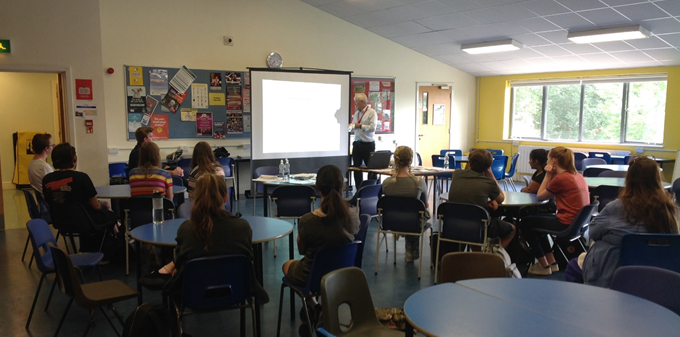20th July 2018
Debate on Animal Testing in Pharmaceutical Development

On 11th July, we held a practise debate on the plus and minus sides of the animal testing argument in the field of medicine development. A number of students interested in finding out more attended, not only to discover the nuances and principles underpinning animal experiments, but also to have an opportunity to put their own views forward.
Hosted by Professor Paul Gard and Dr Jacqueline Maher, both of Brighton University’s School of Pharmacy and Biomolecular Sciences, with assistance from Brighton University PhD student Samuel Flaherty, it was a fascinating insight into how the welfare of animals is the main priority even during the testing procedure. We also explored how the current laws and principles guiding UK scientific practise in this area in fact stem from ancient animal husbandry rules drawn up for agriculture and livestock, making the animal protection laws in the UK amongst the strictest in the world, both now and dating back centuries. Current EU regulations are actually based on the model developed in the UK.
Prof Gard and his colleagues outlined how in all decisions involving the use of animals, the “3R” principles apply (reduction, refinement and replacement) at all times and are legally binding. The students were encouraged by Prof Gard to challenge him at any time and as the discussion got under way, a number of them put forward some very intelligent and well thought out questions, based around many more subtle aspects of the process:
- At what point is it deemed no longer necessary to test on animals yet continue the research in a meaningful fashion?
- What signs are used by researchers as markers of an animal starting to experience distress?
- How do you judge animal testing to be necessary as opposed to simple tissue cultures or in-vitrio testing?
- What are the scientific and ethical issues surrounding testing on people?
